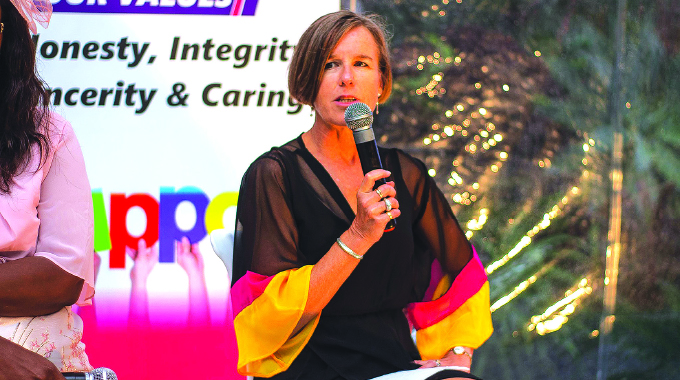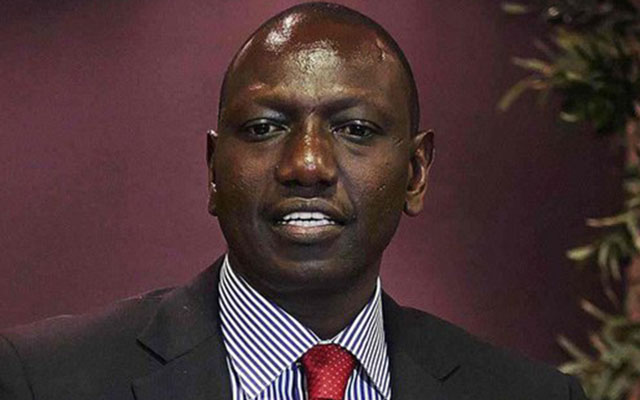Celebrating Zim’s blood donors

Rumbidzayi Zinyuke
Senior Health Reporter
Road traffic accidents, at least those high-speed ones on the open road that produce the serious injuries, spike during long holiday weekends, like Easter, and because there are more serious injuries there is a greater demand for blood transfusions, and so greater strain on the national blood bank.
But rarely do the people who ensure that the blood bank has the blood to give to patients at this time of need get to be celebrated.
For Mr Tichaona Saira (59), his 134 blood donations over the past 41 years have certainly made an impact on several people’s lives. From the age of 19 in 1982, he has been donating his type O+ blood.
“I started this blood donation experience in 1982 and it has been a satisfying journey. I had heard that donating blood can save a life, but little did I know that my blood was actually going to help someone in need to recover and survive.
“We have people who get injured in road accidents as well as pregnant mothers who might need blood after giving birth so I always look at these people and realise that my blood gives them a second chance at life and I would have done my responsibility as a human being and as a donor,” said Mr Saira.
According to him, blood donors can really improve the quality of life for someone and their family.
While he has been playing his part, Mr Saira has also managed to encourage his brother, son and daughter to become blood donors as well. His brother has made 20 donations so far while his daughter is now a walk-in blood donor.
For him to be able to donate so much blood, Mr Saira said he always followed a healthy lifestyle which consisted of eating healthy iron-rich foods like pumpkin leaves and seeds, ox-livers, beans, and other foods.
“It takes commitment to be where I am now. I believe we should all be our brothers’ keepers so if your blood can help someone live a normal life then donating blood will always be important,” he said.
Another blood donor, Mr Rory White, who is now on his 50th blood donation said there were many benefits for blood donors, chief among them saving lives.
“There is a constant need for blood. If you give blood, there are also benefits for your family and even for you. Donating does not take a lot of time; you give once every three or four months and you even get a free drink afterwards,” he said.
For Mrs Sandy Robinson although she had at one point stopped donating, she resumed because she knew it would help improve someone’s life.
“Today is my 15th donation. Donating blood is always a good thing to do because there is always a constant need for blood donors. I started donating when I was about 20 and my mother who was a blood donor encouraged me to come along,” she said.
According to data published by the World Health Organisation, in 2020 road traffic accidents deaths in Zimbabwe reached 6,037 or 5,57 percent of total deaths. But for everyone killed on the roads there are more who are seriously hurt, plus the multitude of those who jsut escape with bruises.
The country reported 127 deaths and 489 injuries in nearly 2000 road accidents over the festive season in December 2022 increasing demand on the blood bank.
National Blood Services chief executive Ms Lucy Marowa said while the country’s blood stocks currently looked more stable than they did at the beginning of the year, there was a need to beef up supply in preparation for the Easter holiday.
“When you look at all blood groups, with the exception of group O, we are looking at seven days’ supply. Some are going as far as 10 days’ supply.
“The challenge comes with the blood group O which is the universal blood group. We are sitting at about three to four days’ supply. Ideally we would want to have at least five days’ supply in order for us to say we have enough blood in stock. We are still calling on our blood donors, especially blood group O, to come in and give blood,” she said.
“As the Easter holidays approach, we encourage the people to keep safe, to avoid situations where they find themselves in a position that requires them to receive blood transfusion. Keeping safe is the first step for us to avoid straining the national resource that is the blood bank.”
She said NBS was calling on people to give blood whenever they could as had since set up mobile and static teams across the country to increase blood collection.
While doctors like to match blood groups of donors and recipients, it is a fact that blood group O can be given to anyone, so this in emergencies is likely to be at least the first the bloodpack used to save a life while the bloodtyping gets underway for a better match later on. The opposite blood group is AB, and people with that group can receive blood from any donor, but their group can only be given to people with AB group.









Comments